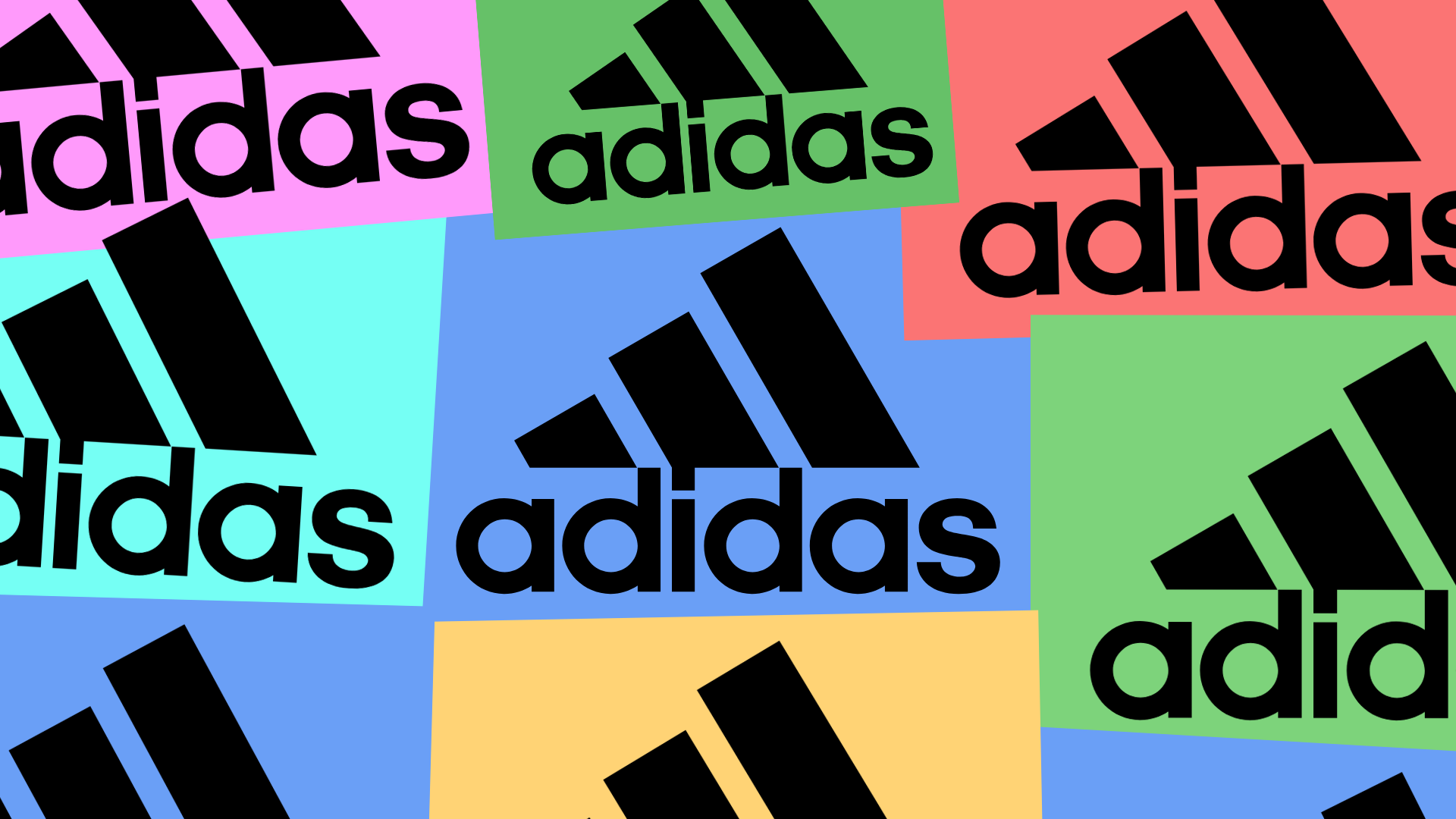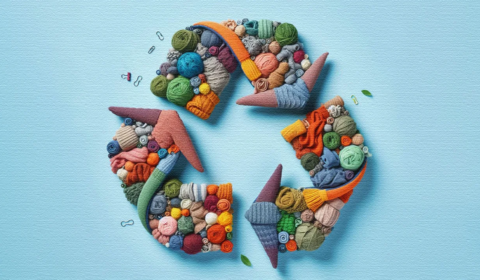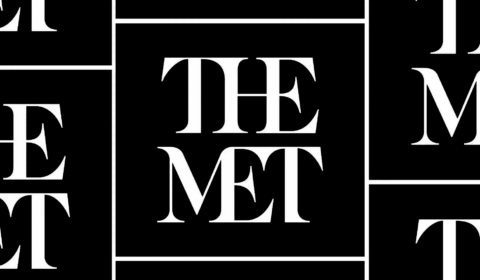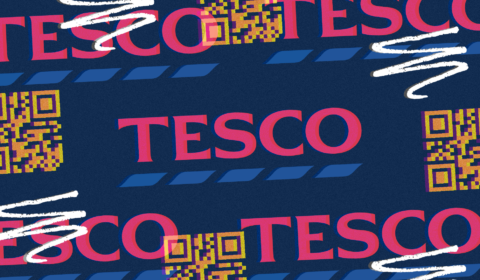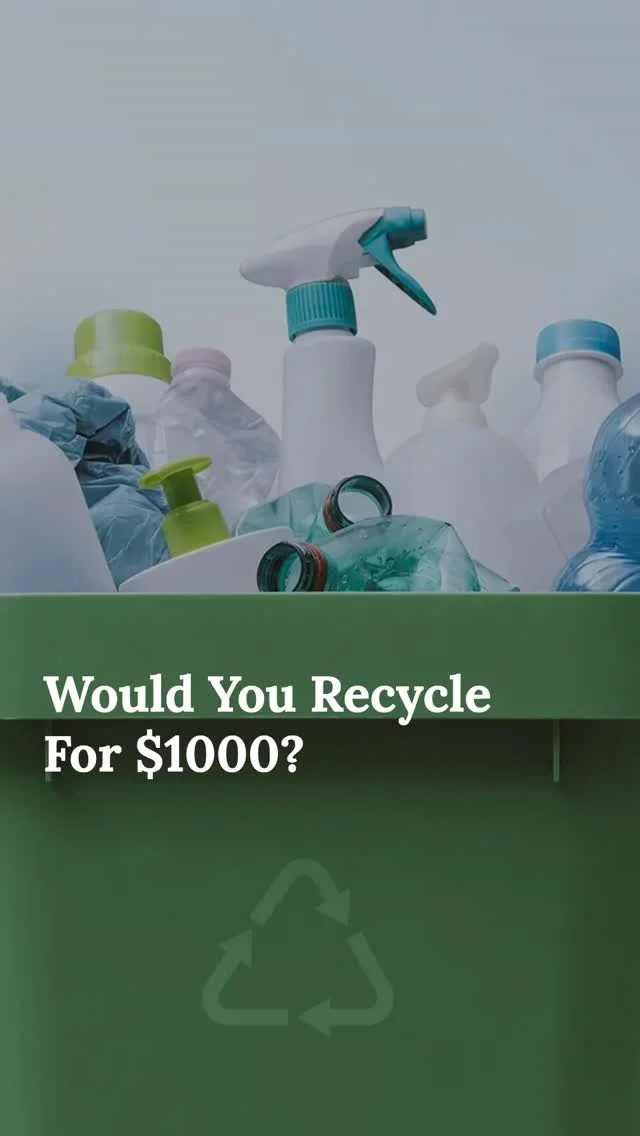Adidas enjoys boost in profits thanks to retro craze
German sportswear company Adidas took home $692 million USD in the first quarter of this year, beating original predictions. It is largely due to strong demand for its ‘classic’ shoe range. Adidas surpasses expectations with its first quarterly financial report, jumping up in profits by 82%. The company earned...
Current in Industry
H&M slammed for its plan to use ‘AI twins’ of models
Last week, fashion giant H&M announced plans to create ‘AI twins’ for 30 of its models with the aim of using them in future marketing campaigns. Creative unions aren’t happy, raising concerns about the career stability of human models. The increased use and enhanced capabilities of Artificial Intelligence have touched...
Size inclusivity is disappearing from fashion runways once again
Fashion houses are being slammed for exclusively featuring waif thin models on their catwalks in recent seasons. Has the body positivity movement been undone already? The last decade has been a celebration of arriving at an era where body positivity and inclusivity was present not just in fashion, but in...
Exploring the complexities of ‘the lipstick effect’
Are we buying things because they help us to express ourselves, or because we believe we deserve a little treat for dealing with the demands of capitalism – or both? A little while ago Thred’s brilliant Jessica Byrne wrote about the long-term financial ramifications of ‘little treat’ culture. This...
Levi’s net-zero action plan gets scientists’ seal of approval
In efforts to cut company emissions and pollution by 2050, the denim brand Levi Strauss & Co. has announced its new climate transition plan detailing its road to net-zero. It’s no secret that the fashion industry is now one of the world’s most unsustainable, with textile waste, pollution, and greenwashing...
LFW ban on exotic animal skins criticised by experts
Scientists from one of the world’s leading conservation bodies have condemned London Fashion Week’s decision, warning that it’s ill-informed and that exotic animal skins are often far more sustainable than alternatives such as leather and synthetic materials. Amid continued protests against the use of exotic skins (think snake, crocodile, and...
New California law requires companies to recycle unwanted clothing
The legislation intends to reduce the amount of textile waste going to landfill. California is widely considered a harbinger of progressive legislation, leading the charge in areas from emissions control to consumer privacy. The state’s latest step is a decisive push against textile waste. Under a new law, manufacturers of clothing, footwear and textiles sold in California will be required to take back and recycle unwanted items at no cost...
Digital clothing tags pose a solution to fashion’s sustainability crisis
Garment care labels could soon be a thing of the past as some environmentally conscious brands and retailers pivot to using QR codes for better supply chain transparency. Unless you have the patience of a Buddhist monk, then chances are you’ve cut (or more likely torn off in a moment of immense frustration) all the tags off your clothes. Scratchy and irritation-inducing, garment care labels seem pointless, as though they...
The Met Gala’s latest theme is timely and necessary
The Met Gala’s 2025 theme, Superfine: Tailoring Black Style, marks a rare moment of clarity for an event more often consumed by its own pretensions. After years of abstract, at times baffling, themes – Camp and Heavenly Bodies come to mind – next year’s Met Ball will focus on the history of Black menswear. The concept feels grounded, if not overdue. It’s a crucial nod to the sartorial excellence of Black...
Tesco is introducing a ‘product passport’ for its clothing
The high street giant is taking steps to ‘boost supply chain transparency with new sustainability rules’. According to reports, British supermarket Tesco is introducing digital ‘passports’ for all of its clothing products. With a simple scan of a QR code printed on each item, users can access detailed information about a product’s materials, manufacturing process, and - most importantly - environmental impact. The initiative arrives as the EU prepares to...









